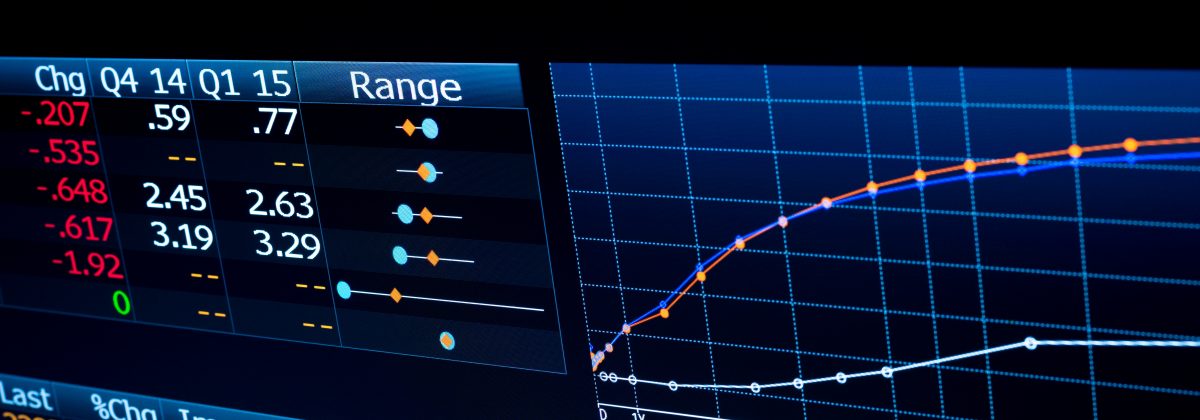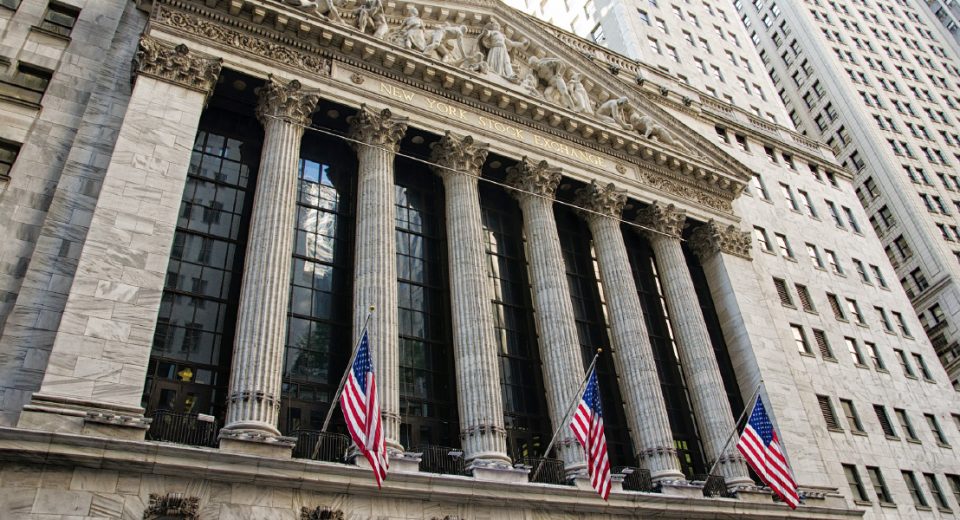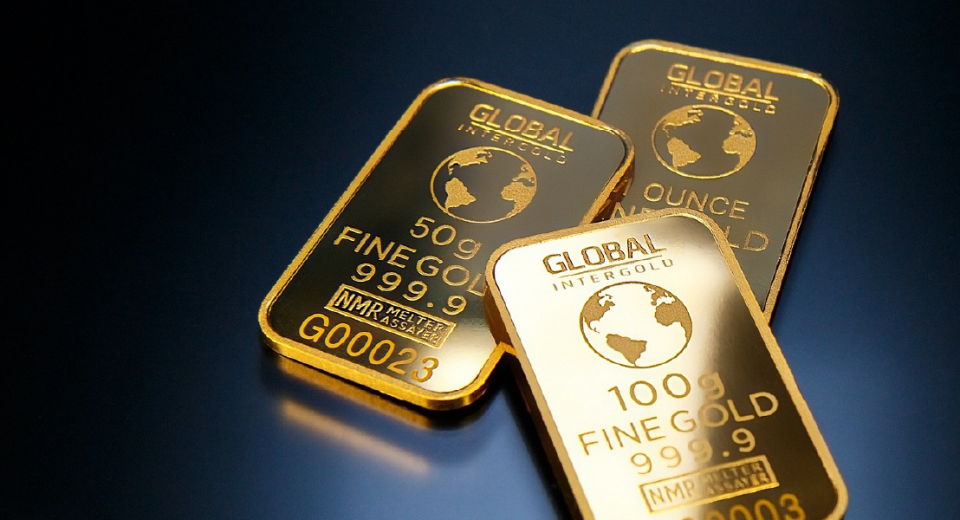Trader Tweets of the Year

When we think of tweets these days, the first person that tends to come to mind is US President Donald Trump. His frequent use of Twitter to address and target individual firms, countries and government policies have made his tweets an influential force in the financial markets.
Since its inception in 2006, Twitter has witnessed robust growth and popularity, with 326 million monthly active users as of the third quarter of 2018. It has become an important tool for traders and investors to communicate with the financial community and remain updated with the latest developments in the market, expert opinions and predictions for the future.
Data procured from social media platforms, such as Twitter, has become an important source of information for hedge funds too. Hedge fund managers use this platform to gain trading insights as much as they use data from private firms. And, there have been tweets that were able to accurately forecast market conditions, while others failed miserably. Here’s a look at some of the more memorable tweets from 2018.
1. Ray Dalio
The US imposed tariffs of 25% on $34 billion worth of exports from China to America and President Donald Trump threatened to take further strict action. After this move, Ray Dalio tweeted on July 6, 2018, saying, “Today is the first day of the war with China.”
Ray Dalio is the founder of the world’s largest hedge fund, Bridgewater Associates, which manages over $160 billion worth of assets.
But financial markets weren’t moved by this tweet about the change in policy by the US government and the Dow Jones Industrial Average, S&P 500 index and the Nasdaq Composite Index gained 0.42%, 0.70% and 1.26% respectively.
2. Doug Kass
Before Apple’s shareholder meeting in February 2013, Doug Kass, the president of Seabreeze Partners Management Inc, tweeted about a stock split that would be announced at the meeting. This tweet was based on a report by CNBC. After his tweet, Apple shares gained 1.2% ($448.04).
It was a rumour and Dough Kass was criticised for it on Twitter. He defended himself by saying that it helped him sell the shares he owned in Apple!
3. Vitalik Buterin
Vitalik Buterin, co-founder of Ethereum, tweeted in February 2018 that cryptocurrencies are highly volatile and could drop to near zero at any time. The bearish market did see major fluctuations through 2018, reaching all-time lows, following the crypto boom in 2017.
In September 2018, Buterin tweeted, “To be clear, I never said that there is “no room for growth” in the crypto ecosystem. I said there is no room for *1000x price increases*. A 1000x price increase from today means $200T in crypto, or ~an entire 70% of today’s global wealth being in crypto.”
The value of cryptocurrencies declined around 80% by September 2018, from their peak levels in January 2018. By December 2018, Bitcoin had also lost around 80% from its peak value, losing around one third of its value in the second half of November 2018 and prices moving further down in December.
4. Carl Icahn
Carl Icahn is the chairman of Icahn Enterprises. In August 2013, he tweeted, “We currently have a large position in Apple. We believe the company to be extremely undervalued. Spoke to Tim Cook today. More to come.” After this tweet, Apple’s shares spiked and the stock gained around $17 billion in market cap.
Carl Icahn made profits of $2 billion in 32 months after he started investing in Apple’s stock in 2013. He also tweeted in 2014 that Apple had the cash and the borrowing capacity to buyback stocks on a large scale that could increase its stock price.
Other Tweets that Affected Market
Apart from tweets by hedge fund managers, there were other tweets that led to large swings in the market.
· Donald Trump vs Amazon
Citigroup conducted research in April 2017, according to which “the US Postal service would lose ~$1.46 for every Amazon package posted through the Postal Service.” Almost a year later, in March 2018, President Trump tweeted several times quoting this report.
On March 29, 2018, he tweeted, “I have stated my concerns with Amazon long before the Election. Unlike others, they pay little or no taxes to state & local governments, use our Postal System as their Delivery Boy (causing tremendous loss the US), and are putting many thousands of retailers out of business!”
Amazon’s share fell by more than 3.8% after this tweet, although after comments from the White House Secretary later, the losses were recovered and Amazon’s stock gained around 1.1% by the end of the day.
On April 3, 2018, President Trump once again tweeted about Amazon, saying, “I am right about Amazon costing the USPS massive amounts of money for being their Delivery Boy. Amazon should pay these costs (plus) and not have them borne by the American Taxpayer. Many billions of dollars. P.O. leaders don’t have a clue (or do they?)!”
Amazon prices had gained 1.4%, but after the tweet, the share price declined 7% in the next few weeks. Overall, there was a decline of 12%. During March/April, there was heavy selling of Amazon’s stock and NASDAQ witnessed a decline of 2% in its market share.
· US-China Trade War
On March 2, 2018, President Trump tweeted, “When a country (USA) is losing many billions of dollars on trade with virtually every country it does business with, trade wars are good, and easy to win. Example, when we are down $100 billion with a certain country and they get cute, don’t trade anymore – we win big. It’s easy.”
After this tweet, there was a large scale sell off in the US market. The Dow Jones Industrial Average (DJIA) fell around 300 points due to the selloff, but the market recovered quickly and losses came down to 71 points at the end of the day. The international markets also witnessed losses after the tweet indicating a trade war between the US and China. The Nikkei 225, Hang Seng, CAC 40, FTSE 100 and DAX lost 2.5%, 1.5%, 2.4%, 1.5% and 2.3%, respectively.
Twitter has played an important role for hedge fund managers and investors in tracking insightful stories for future investment decisions. Some tweets lead to uncertainty, which does more harm than good. The key is to know whom to follow on Twitter to make informed trading decisions.
Reference Links
- https://www.marketwatch.com/story/founder-of-worlds-largest-hedge-fund-says-first-day-of-the-war-with-china-has-begun-2018-07-06
- https://www.ogilvy.com/feed/11-tweets-that-turned-the-stock-market-upside-down/
- https://www.businessinsider.in/After-Doug-Kass-Tweeted-Apple-Might-Do-A-Stock-Split-He-Started-Selling-His-Shares/articleshow/21310888.cms




